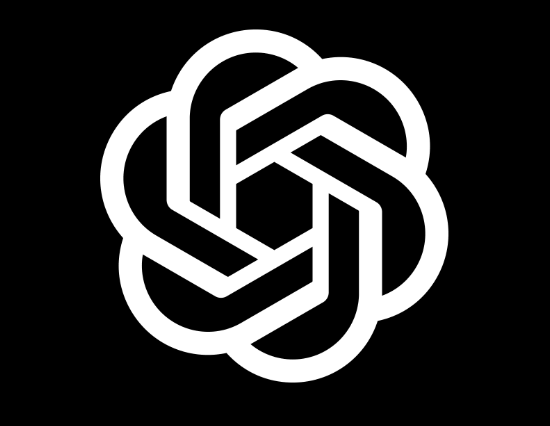"Father of GPT" Alec Radford left OpenAI and devoted himself to independent research, causing a shock in the AI field. This move not only marks the personal choice of an AI pioneer, but also reflects the challenges faced by AI giants in talent competition and future development directions. During his time at OpenAI, Radford led the research and development of groundbreaking projects such as GPT-1 and GPT-2, making great contributions to the development of modern AI. How his resignation will affect the future development of the AI industry deserves attention.
Alec Radford, a core researcher at OpenAI and known as the "Father of GPT," announced his resignation and turned to an independent research path. This move has attracted widespread attention in the AI field. As the lead designer of the GPT series, Radford's decision highlights the talent mobility challenges facing the AI giant.
After joining OpenAI in 2016, Radford has made a series of groundbreaking contributions in the field of AI. In June 2018, he took the lead in proposing a Transformer-based language model generation pre-training method, laying the theoretical foundation for the development of modern AI. The most representative achievement is to independently build the GPT-1 model and lead the research and development of GPT-2 as the first author. In addition, he also played a key role in projects such as the CLIP vision model and the Whisper speech recognition system.

At the recent NeurIPS conference, OpenAI co-founder Ilya Sutskever emphasized that the birth of landmark models such as GPT-2 and GPT-3 was largely due to the work of Radford and current Anthropic founder Dario Amodei. "We have deep respect and gratitude for Alec and his contributions, and look forward to our continued collaboration as he explores independent research," said Mark Chen, director of research at OpenAI.
The departure comes as OpenAI faces a wave of high-level exodus. Previously, chief technology officer Mira Murati, research director Bob McGrew and co-founder John Schulman have resigned one after another. At the same time, the company has continued to expand by selling more than $800 million in shares to new investors in the past year.
A Wall Street analyst pointed out that the departure of "technical souls" like Radford may herald a major shift in the AI research paradigm: "We may be witnessing the beginning of a new era, in which independent researchers will play an increasingly important role in AI technology innovation." increasingly important role."
Despite choosing to develop independently, Radford plans to continue its partnership with OpenAI and also collaborate with other AI developers, according to people familiar with the matter. This open research attitude may bring new innovation models to the field of AI.
Radford’s path of independent exploration may open a new chapter in AI research and provide new development ideas for other AI researchers. His future development and potential impact on the AI industry deserve continued attention.